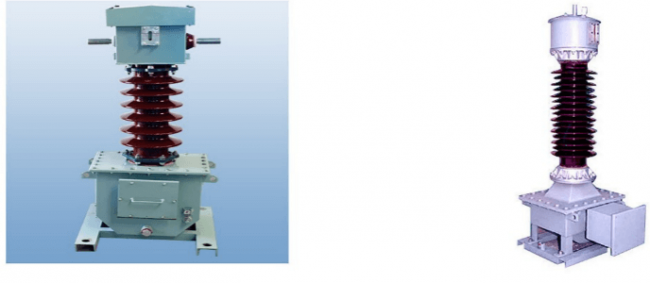I am Kevin Chen, I graduated from University of Electronic Science and Technology of China in 2000. I am an electrical and electronic engineer with 23 years of experience, in charge of writting content for ICRFQ. I am willing use my experiences to create reliable and necessary electronic information to help our readers. We welcome readers to engage with us on various topics related to electronics such as IC chips, capacitors, resistors, inductors, circuit breakers, diode, transistor, module, relay, opticalcoupler, connectors, PCBs, etc. Please feel free to share your thoughts and questions on these subjects with us. We look forward to hearing from you!
There are devices in the market whose operations are characterized by audio signals. They either take in audio signals or transfer the signal out of the device. Have you ever wondered how they function? All is credited to the Audio PCB. Audio PCB is a platform for carrying audio signals inside electronic devices such as…
Have you ever wondered how power generation works, from the point where it is generated to when it reaches your home? Well, the electrical power system is in charge of the entire procedure. The electrical power system vocabulary is a broad phrase, but it can be broken down into three primary categories: power generation, transmission,…
In low-voltage power distribution and protection, technology continues to advance. In the past 30 years, the installer had to decide on the size of fuse wire to utilize. They must now choose which MCB or RCBO to install, with more alternatives than ever before in terms of protection levels against the effects of an electrical…
Electrical instruments are not directly linked to high-voltage meters or control equipment for safety concerns. Instrument transformers connect electrical appliances to measurement equipment, such as voltage and current. High-voltage, high-current instruments are converted to low-voltage, low-current instruments. What is a Transformer? A transformer is a device that uses mutual induction to transmit electrical energy from…
Before you can keep track of your energy usage and plan for the future, you need to understand how electricity is measured. The most basic way to think about energy is as a measure of power. The more energy you have, the more powerful your electrical appliances will be. To power your home and all…
You might already know that in order to distribute electricity to different parts of a house or an apartment, you’ll need a separate transformer. This is because different outlets require different voltages. The same applies to the smallest circuit in your product. The load distribution must be done correctly to take care of the voltage…
What comes to your mind when you hear the term ‘core’? To most of us, we will assume that it is a very important system that controls all the activities of an object or a body. That is exactly what a core is to a transformer. Whether it is a step-up or step-down transformer, a…
MPCB is a particularly built electrical protection and safety device for electrical motors. MCCB is a specially designed electrical protection and safety device for electrical motors. MCCB, on the other hand, is an electrical protection device developed for electrical power circuits that transport a lot of currents. This article will learn about the fundamental distinctions…
The division of current between the divider’s branches is referred to as the current division. The currents in the various components of such a circuit will always divide, reducing the total amount of energy utilized. If the impedances are equivalent, the Current is shared equally. As we all know, current divides equally among all branches…
There are considerable differences between electric motors and internal combustion engines. They generate electricity by transforming it into mechanical energy. Electric motors rely on a variety of specialized parts to generate this energy. When an electric motor fails, one of the primary components is frequently a fault. Continue reading to find out more about electric…










